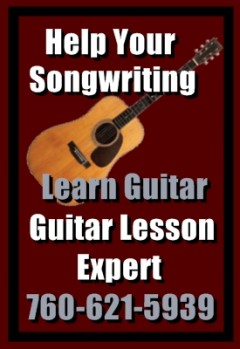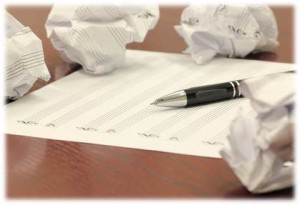 We’re so happy that you found your way to our Song Chat blog. We will be regularly discussing everything that has to do with songwriting, and it is our intention to help you build a better tool box, filled with extremely useful songwriting tools. If you are a beginning, hunt and peck type writer, we’ll show you what you need to do. If you’ve already got several songs under your belt, we’ll take you from modeling your songs after your favorite artist’s songs, and show you how to begin creating something truly original that still has commercial value. Even those of you who are advanced songwriters will find material here that you may never have considered, and remember, it only takes one new idea to launch something new and remarkable.
We’re so happy that you found your way to our Song Chat blog. We will be regularly discussing everything that has to do with songwriting, and it is our intention to help you build a better tool box, filled with extremely useful songwriting tools. If you are a beginning, hunt and peck type writer, we’ll show you what you need to do. If you’ve already got several songs under your belt, we’ll take you from modeling your songs after your favorite artist’s songs, and show you how to begin creating something truly original that still has commercial value. Even those of you who are advanced songwriters will find material here that you may never have considered, and remember, it only takes one new idea to launch something new and remarkable.
The premise that we operate from, and it should be fairly obvious to you, is that songwriters can be developed and cultivated, they’re not just born. So if songwriting isn’t currently easy for you, you probably just don’t have enough information. We will be dissecting the elements of songwriting a couple times a week here in this blog, so we recommend that you bookmark this page, or even better, subscribe to the RSS feed.
This will be an exciting adventure. We have helped countless songwriters gain a firm grasp of all of the musical tools that songwriters need to know as well as lead them down a pathway of introspection about what’s going on in their life and in their world, so that they’re constantly developing ideas to write songs about. Whether you need to work on your lyric writing, your melodies, or your chord progressions, you are in the right place. And if you ever want to go faster than the posts in this blog can lead you to go, please contact My Songwriting Coach, we’d love to have you as a private student or welcome you into one of our group classes.


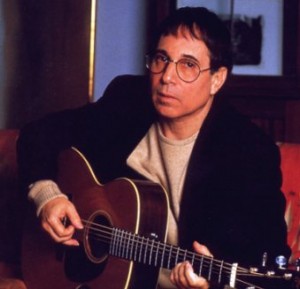
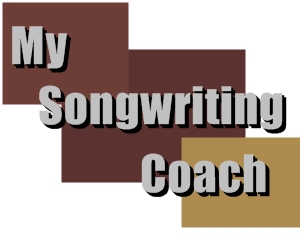
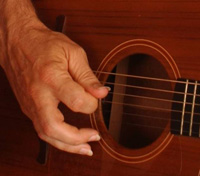



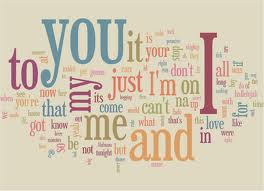

 Follow me on Twitter
Follow me on Twitter 
